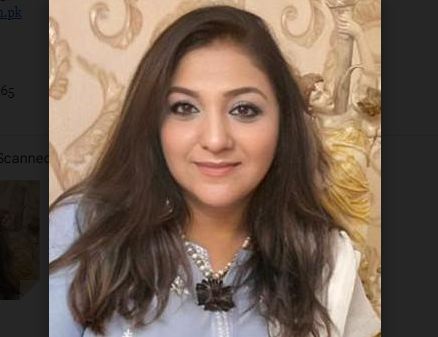Sabahat Ali
Introduction
In an age characterized by rapid educational transformation, maintaining the highest standards of quality in schools becomes paramount. This article explores the critical aspects of ensuring quality education, drawing inspiration from the wisdom of great scholars and education experts.
The Holistic Approach to Quality
Scholars like Dr. Howard Gardner, renowned for his theory of multiple intelligences, have emphasized that true quality in education goes beyond mere academic achievements. Gardner asserts that schools should strive to foster a diverse range of intelligences and skills in students, such as creativity, empathy, and problem-solving abilities. This holistic approach ensures that students develop into well-rounded individuals equipped to thrive in an ever-changing world.
Teacher Well-Being and Professional Growth
Education luminaries such as Dr. Linda Darling-Hammond have long championed the cause of teacher well-being and professional development. They argue that teachers are the backbone of the education system and must be supported through continuous learning opportunities, adequate resources, and fair compensation. When educators are motivated and empowered, they can deliver the highest quality of education to their students.
Engaging Parents and Communities
Dr. James P. Comer, a prominent child psychiatrist and educator, has advocated for the involvement of parents and communities in the educational process. He believes that building strong partnerships between schools, parents, and local communities is essential for creating a nurturing and enriching learning environment. When parents and communities actively participate in education, students benefit from a network of support that extends beyond the classroom.
Real-Life Success Stories
Throughout history, countless success stories validate the importance of quality education. Individuals like Dr. Mae Jemison, the first African American woman in space, attribute their achievements to the exceptional education they received. Dr. Jemison’s journey from a small-town school to the stars exemplifies how quality education can unlock limitless potential.
Collective Responsibility for Excellence
Scholars and educators alike stress that ensuring quality education is a collective responsibility. Dr. Paulo Freire, known for his work in critical pedagogy, believed that education should be a collaborative effort between teachers, students, and society. This shared responsibility extends to policymakers, who must create an enabling environment that supports educational excellence.
Conclusion
In an ever-evolving educational landscape, the pursuit of quality in schools remains a timeless mission. Great scholars and education experts have illuminated the path forward, emphasizing the holistic nature of education, the well-being of teachers, the engagement of parents and communities, and the shared responsibility of all stakeholders. By drawing inspiration from their insights and success stories, we can continue to elevate education, nurturing generations of well-rounded, empowered, and globally-minded individuals who will shape the future.

















